Constitution Day in the Constitution State - Celebrate?
/Constitution Day, celebrated this year on Sunday, is a national holiday to commemorate the signing of the U.S. Constitution on Sept. 17, 1787. Connecticut is known as the Constitution State, but that designation has its roots more than a century earlier.
Congress first established “Constitution Week” in 1956. It became a national holiday 44 years later when Sen. Robert Byrd (D-W.V.) introduced an amendment to the omnibus spending bill that made the observance a national holiday, and to require that all schools receiving federal funding, as well as all federal agencies, to provide relevant programming to celebrate the Constitution.
Written in 1787, ratified in 1788, and in operation since 1789, the United States Constitution is the world's longest surviving written charter of government, according to the U.S. Senate website. Its first three words –– "We the People" –– affirm that the government of the United States exists to serve its citizens.
The National Constitution Center (NCC) devotes space on its website to the question of whether the "constitution" celebrated by Connecticut really a constitution?
The site explains that although the Connecticut Compromise at the 1787 convention in Philadelphia was a critical part of the process of agreeing to and ratifying the U.S. Constitution, Connecticut celebrates – and its nickname is derived - from an event that happened in 1639.
On January 14, 1639 (in the old Julian calendar), the residents of three Connecticut towns - Wethersfield and Hartford - approved a list of rules for running local government called the Fundamental  Orders. Most historians agree the Fundamental Orders are significant, but the state of Connecticut decided in 1959 to call itself the Constitution State based on the premise that the Fundamental Orders were the first constitution in North America.
Orders. Most historians agree the Fundamental Orders are significant, but the state of Connecticut decided in 1959 to call itself the Constitution State based on the premise that the Fundamental Orders were the first constitution in North America.
The Fundamental Orders document has a structure that is similar to a constitution, the NCC explains. There is a preamble and a list of powers about local government, taxation and voting rights.
Prior to the legislature determining in 1959 that Connecticut would be known by the official nickname of the Constitution State, it was known as the Nutmeg State. Before that, in the post-Revolutionary War era, Connecticut was known as the Provisions State.
Officially, the state is not known as the Land of Steady Habits, but that too is commonly used. A Dictionary of Americanisms on Historical Principles, published in1951, defines “Land of Steady Habits” as “1. Connecticut, applied in allusion to the strict morals of its inhabitants.”





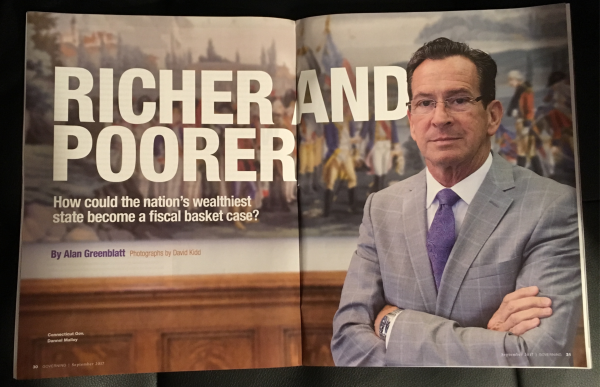

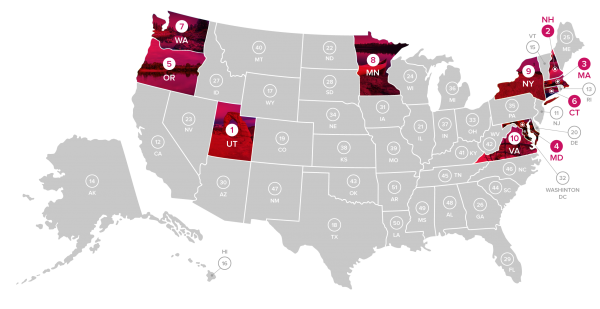
 The analysis points out that a main reason why people don’t have access to broadband internet is due to a lack of income. Cited is a Pew Research poll that found 23 percent of people making under $30,000 per year don’t use the internet, possibly because of the high price for something they don’t consider a basic need. Most rural schools across the country still lack access to fiber and pay more than twice as much for bandwidth.
The analysis points out that a main reason why people don’t have access to broadband internet is due to a lack of income. Cited is a Pew Research poll that found 23 percent of people making under $30,000 per year don’t use the internet, possibly because of the high price for something they don’t consider a basic need. Most rural schools across the country still lack access to fiber and pay more than twice as much for bandwidth.
 Joining the WFSB sports team in 1980 at age 27, Marshall spend five years at channel 3, moving from the nation’s number 23 TV market to number 13 when he relocated to Miami in 1985. At the time, he became the first black sports anchor in South Florida, according to published
Joining the WFSB sports team in 1980 at age 27, Marshall spend five years at channel 3, moving from the nation’s number 23 TV market to number 13 when he relocated to Miami in 1985. At the time, he became the first black sports anchor in South Florida, according to published 

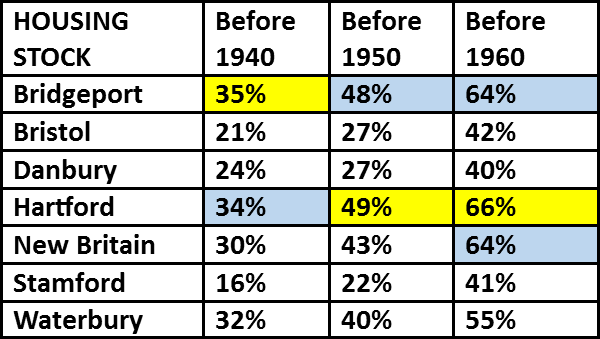
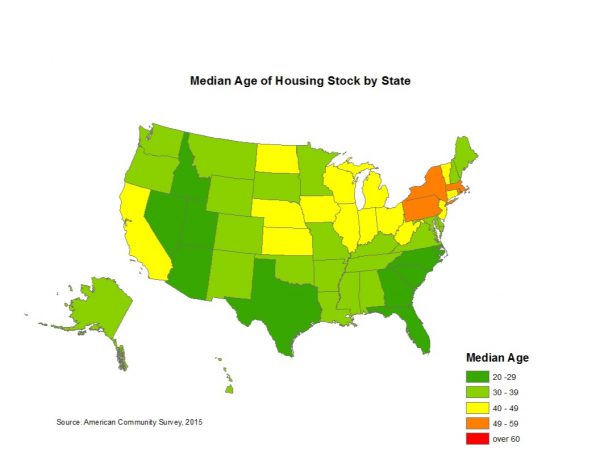
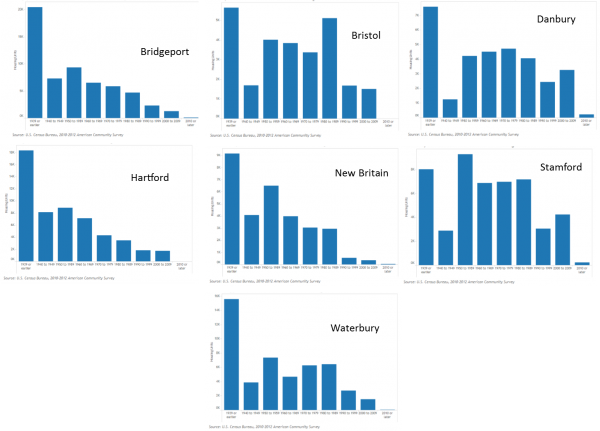





 ted Nations and vetted by the State Department in a process that takes at least 18 months. By comparison, a million or so legal immigrants arrive annually. From October 2001 through 2016, Burma, Iraq, Somalia, Bhutan, and Iran are the top five nations that send refugees to the U.S.
ted Nations and vetted by the State Department in a process that takes at least 18 months. By comparison, a million or so legal immigrants arrive annually. From October 2001 through 2016, Burma, Iraq, Somalia, Bhutan, and Iran are the top five nations that send refugees to the U.S.
 There were nine states that had less than 500 refugees from a single country since October 2001: Alabama, Alaska, Arkansas, Delaware, Hawaii, Mississippi, Montana West Virginia and Wyoming.
There were nine states that had less than 500 refugees from a single country since October 2001: Alabama, Alaska, Arkansas, Delaware, Hawaii, Mississippi, Montana West Virginia and Wyoming.
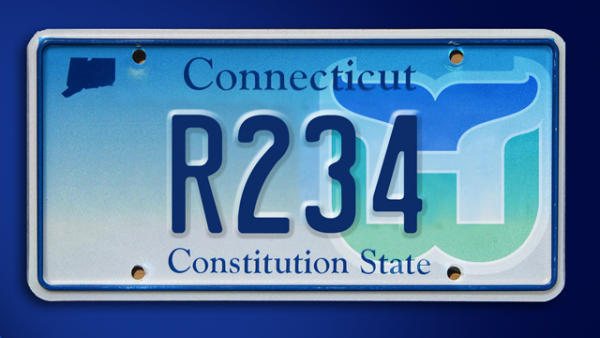 Organization vanity plates include Amistad, Benevolent & Protective Order of the Elks, IUOE Local 478, Grand Lodge of Connecticut, Knights of Columbus, Olympic Spirit, P.T. Barnum Foundation Inc., Preserving Our Past CT Trust for Historic Preservation, Red Sox Foundation, Lions Eye Research Foundation, Special Olympics, Federated Garden Clubs, Fidelco Guide Dog Foundation, Keep Kids Safe, New England Air Museum and the U.S.S. Connecticut Commissioning Committee.
Organization vanity plates include Amistad, Benevolent & Protective Order of the Elks, IUOE Local 478, Grand Lodge of Connecticut, Knights of Columbus, Olympic Spirit, P.T. Barnum Foundation Inc., Preserving Our Past CT Trust for Historic Preservation, Red Sox Foundation, Lions Eye Research Foundation, Special Olympics, Federated Garden Clubs, Fidelco Guide Dog Foundation, Keep Kids Safe, New England Air Museum and the U.S.S. Connecticut Commissioning Committee. International migration has helped, the data shows, but not enough to offset domestic out-migration. Average international in-migration has grown 29% post-recession compared to pre-recession, but in terms of overall net migration, the state has seen an increased loss starting from 2012.
International migration has helped, the data shows, but not enough to offset domestic out-migration. Average international in-migration has grown 29% post-recession compared to pre-recession, but in terms of overall net migration, the state has seen an increased loss starting from 2012.




























